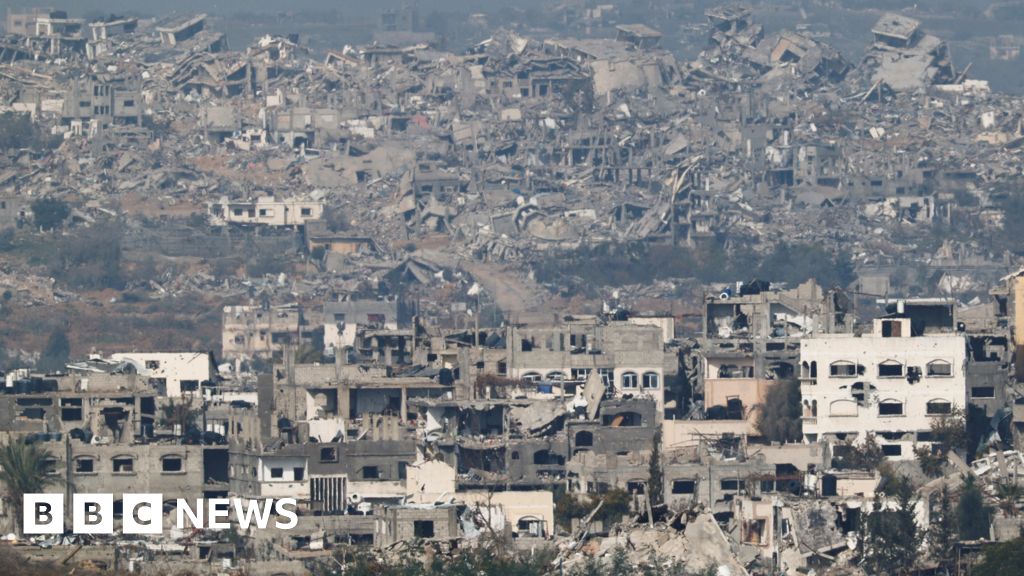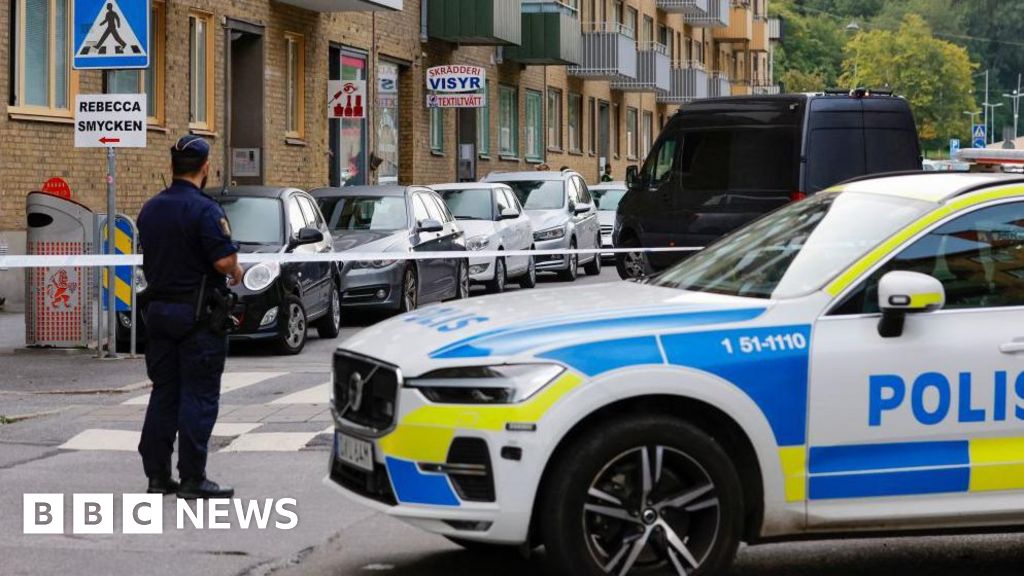ARTICLE AD BOX
image source, Reuters
image captionTaliban fighters - pictured here in Herat on 10 September - have been patrolling the centre of the cityThe Taliban are said to have have hung the dead bodies of four alleged kidnappers in public in the western city of Herat in an apparent warning.
The gruesome display came a day after a notorious Taliban official warned that extreme punishments such as executions and amputations would resume.
The men were killed in a gun battle after allegedly seizing a businessman and his son, a local official said.
News agency AP was told a body was hung from a crane in the city centre.
Wazir Ahmad Seddiqi, a local shopkeeper, told the agency that four bodies were brought to the square, one was hung there and the three other bodies were moved to other squares in the city to be displayed.
The deputy governor for Herat, Maulwai Shair Ahmad Emar, was quoted by local media as saying that Taliban fighters had tracked the alleged kidnappers down and killed all of them in a firefight.
"We hanged their dead bodies on the Herat squares to be a warning to the other kidnappers," the official was quoted as saying.
The BBC has not independently confirmed the circumstances under which the men were killed.
Since taking power in Afghanistan on 15 August, the Taliban have been promising a milder form of rule than in their previous tenure.
But there have already been numerous reports of human rights abuses carried out across the country.
The Taliban's notorious former head of religious police Mullah Nooruddin Turabi - now in charge of prisons - said on Thursday that extreme punishments such as executions and amputations would resume in Afghanistan as they were "necessary for security".
In an interview with the Associated Press, he said these punishments may not be meted out in public, as they were under previous Taliban rule in the 1990s.
But he dismissed outrage over their past public executions: "No-one will tell us what our laws should be."
Turabi - who is on a UN sanctions list for his past actions - added that "everyone criticised us for the punishments in the stadium, but we have never said anything about their laws and punishments".
In August, Amnesty International said that Taliban fighters were behind the massacre of nine members of the persecuted Hazara minority.
Amnesty's Secretary-General Agnès Callamard said at the time that the "cold-blooded brutality" of the killings was "a reminder of the Taliban's past record, and a horrifying indicator of what Taliban rule may bring".

 3 years ago
52
3 years ago
52








 English (US) ·
English (US) ·